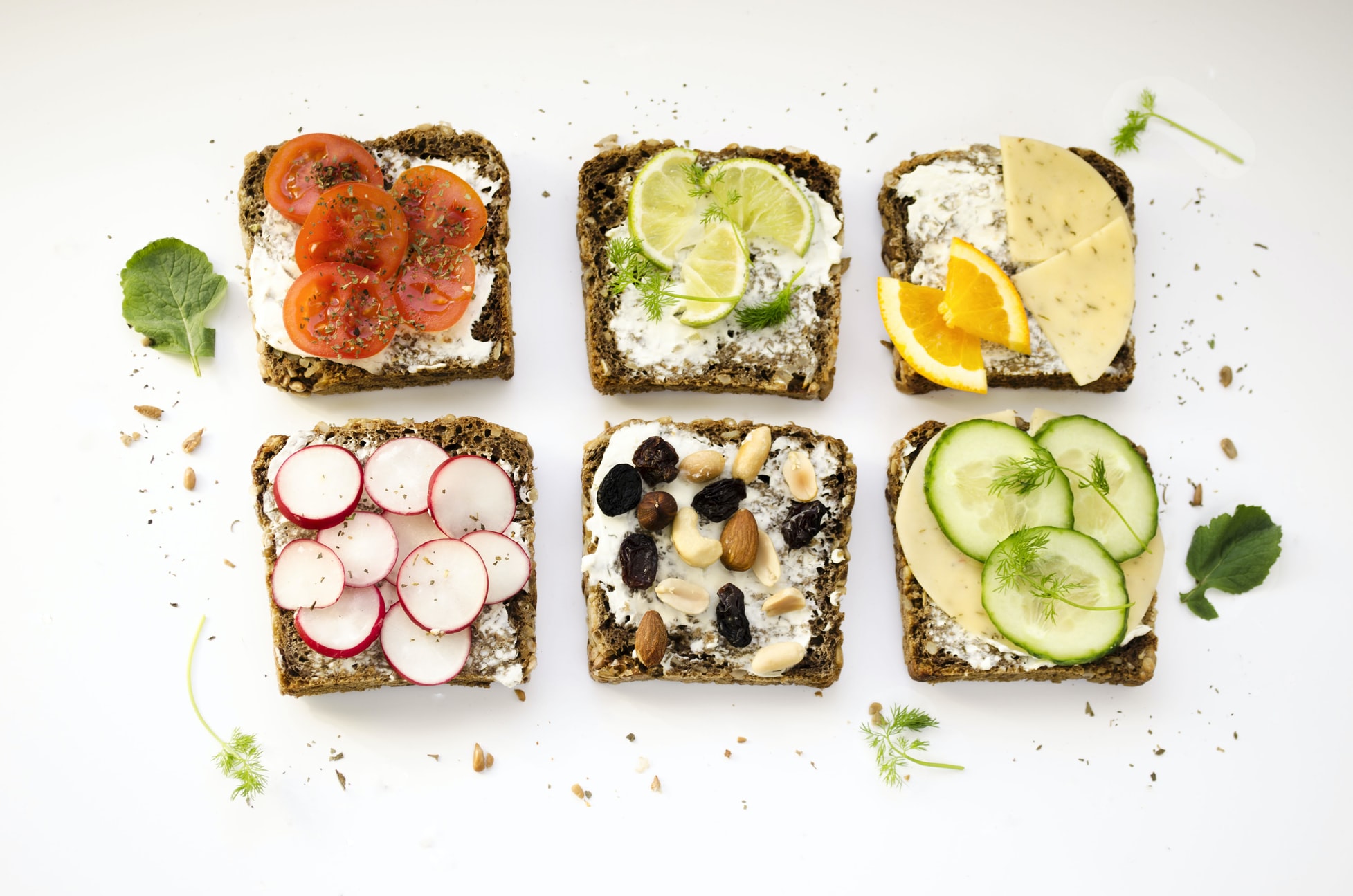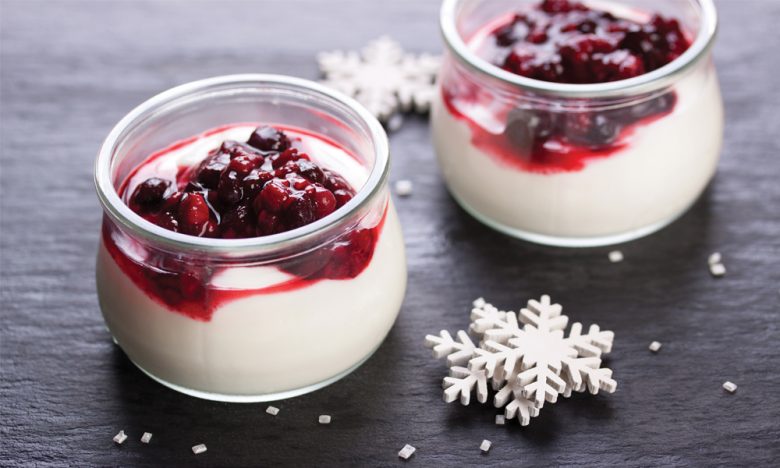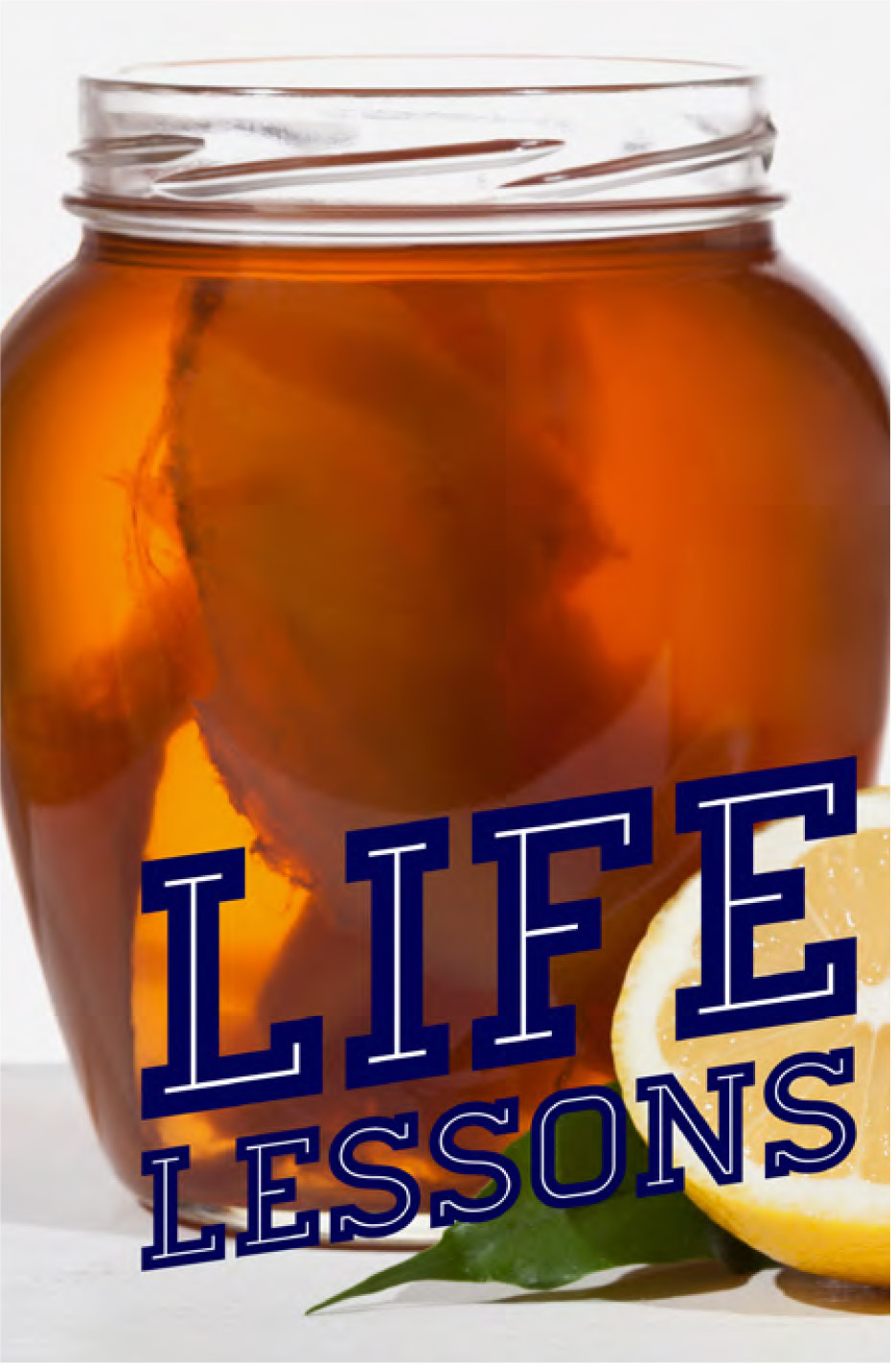Why ‘healthy’ food isn’t always as good for you as you might think
Why ‘healthy’ food isn’t always as good for you as you might think
Share
Search the hashtag ‘healthy food’ on Instagram and you’re met with over 43 million photos of nutritious dishes, making us more adamant to never set food in a fast-food chain again.
But, while regularly eating healthy food will be doing you good, how far is too far? Take nuts; they’re packed full of benefits, but a whole bag of brazils? That’s over 1,000 calories right there (based on a 150g bag). But they’re ‘good calories’, right? We asked the experts to set things straight…
- How to eat healthily (without depriving yourself)
- Vitamin D foods: top up your levels and lose weight with this diet plan
- Best grills: top health grills for your kitchen
WHY TOO MUCH HEALTHY FOOD ISN’T ALWAYS A GOOD THING

Nutritionist Rob Hobson reckons you can go overboard on healthy foods, and the issue is mostly to do with weight.
“All healthy foods are generally calorific, as they’re often rich in good fats or natural sugars. As they are whole foods in their most natural state, you’ll be reaping their nutritional benefits, but you just don’t need to eat as much of them,” he adds.
But surely gorging on healthy grub is better than consuming cakes and processed food? Nope – not as far as your waistline is concerned, reveals Rob.
“But, in terms of the nutrients you’ll glean and the better fats and lower sugar you will be getting from foods, then yes, healthy food IS definitely better than gorging on cake.” Of course, there’s nothing wrong with cake every now and then!
SOME HEALTHY FOODS CAN BE TAXING ON THE GUT
Veggies may be low-calorie healthy foods and unlikely to affect your weight-loss goals, but there are still things you need to be aware of says Rick Hay, nutritional director at Healthista.
“If you’re eating or drinking a lot of vegetables in raw form, it can be taxing on the gut.” Think crudités and raw salads. Rick adds: “There’s also the possibility of taking in too much fibre which can lead to bloating, flatulence and potentially further digestive disturbance.”
Too much turmeric can also be an issue, causing digestive imbalance and even healthy-eating ‘stress’ can be a problem. He reveals, “Demonising certain foods can increase stress levels, so if you feel like eating a slice of cake occasionally, then have it; stressing about it can make digestive problems worse!”
WHICH ‘HEALTHY’ FOODS SHOULD WE LIMIT?
Rob reckons we should air on the side of caution with the main culprits below…
Oils
They’re drizzled over salads and used to cook with – especially olive oil and coconut oil – but while healthy, they’re calorific with 1 level tablespoon containing around 50 calories.
Nuts
Nuts are hugely nutritious but again, very calorific. Stick to a small handful and don’t gorge on them at your desk. Aim for a portion size of 0.8oz/25g max.
Protein shakes
Unless you’re working out hard, there’s no point in having a protein shake if already eating three meals per day. You will already be getting enough protein in your diet.
Fruit juice
View this as a portion of fruit and not a drink. When guzzling juices and smoothies you’re basically adding loads of free sugars to your diet, which is not good for your teeth, waistline or blood sugar.
Dried fruit
There’s a reason why it tastes so good; it’s often made with added sugars! The UK’s NHS recommends no more than 1oz/30g of dried fruit, equal to one heaped tablespoon of sultanas, three prunes or two figs.
Greek yogurt
Opt for just a few tablespoons of the full-fat stuff. It’s a healthy breakfast but once you start piling the toppings – dried fruit, nuts, granola, seeds, honey – you could be looking at over 500 cals per serving.
Honey
There’s no such thing as a healthy sweetener. Many people still see honey as a healthy version of sugar and tend to eat quite a lot of it.
By Lucy Gornall, editor at fitandwell.com’

















FOLLOW BESTFIT